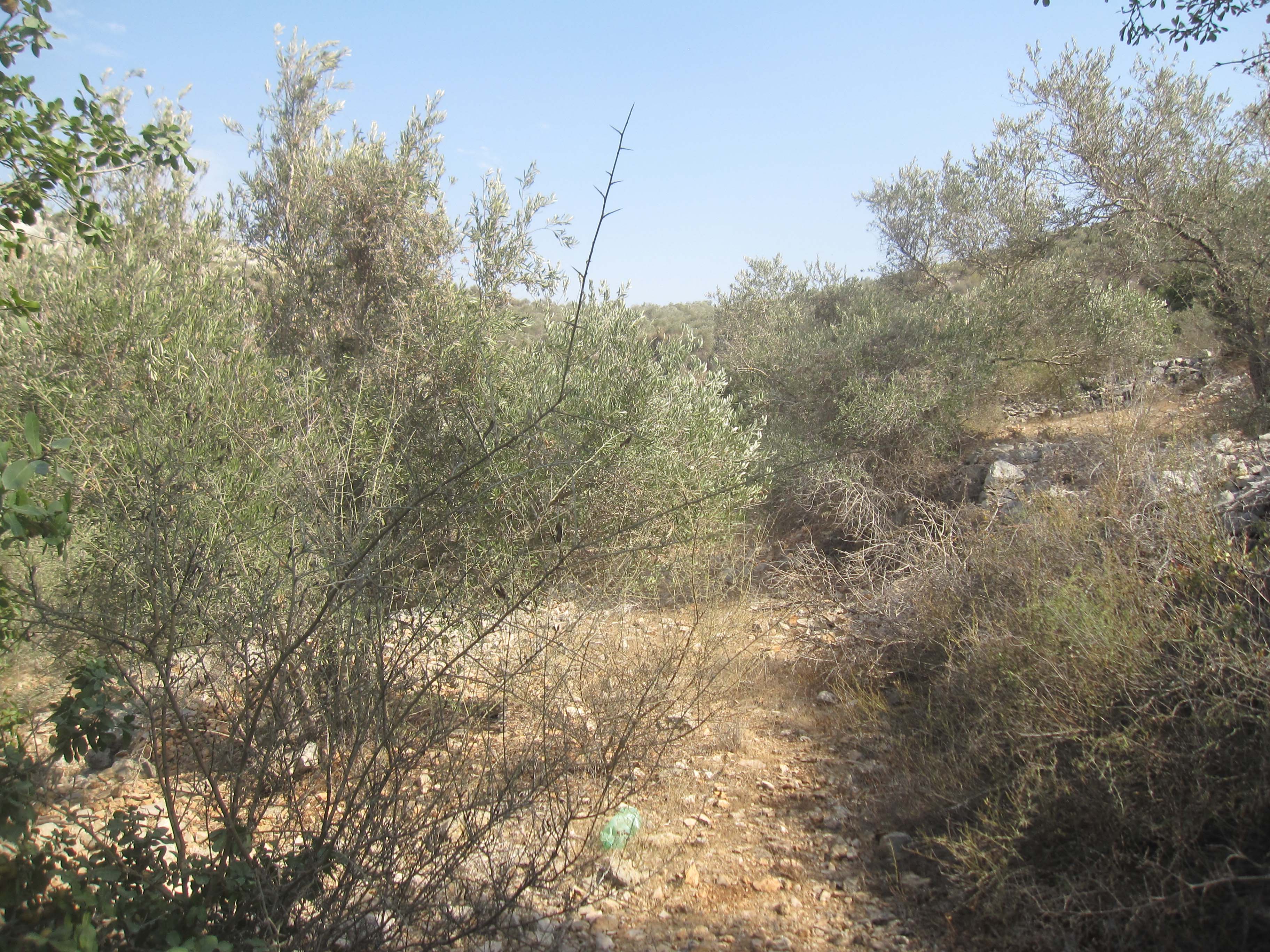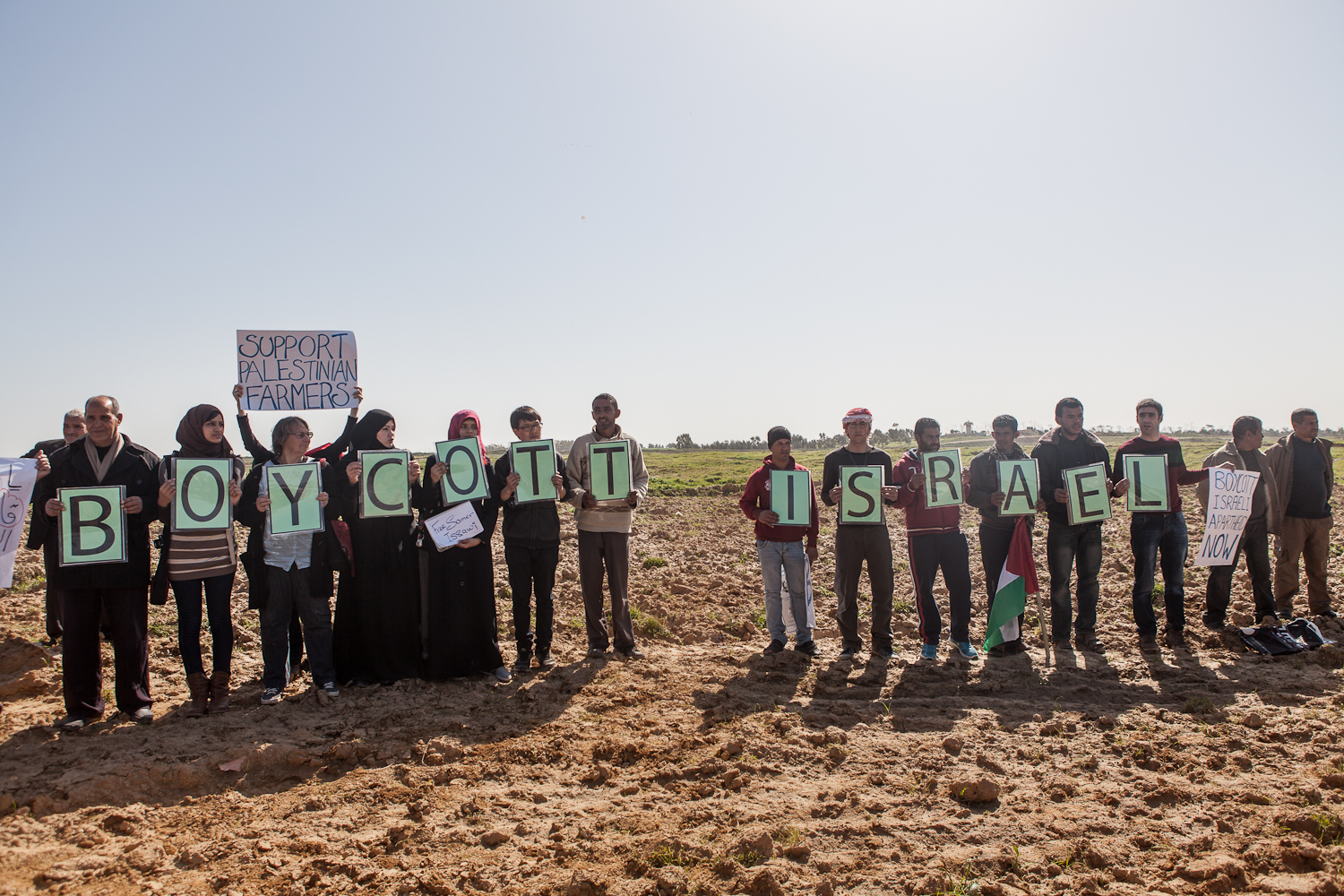Tag: Nablus
-
Olive harvest next to the illegal settlements in Bruqin
23rd October 2016 | International Solidarity Movement, Ramallah-team | Bruqin, occupied Palestine On October 21st, an ISM-team joined farmers in the village of Bruqin, Salfit district, for the olive harvest. The family’s fields are occupied by an illegal Israeli settlement and they are denied access to their land by the Israeli military except during the…
-
Call to action: Olive Harvest 2016
9th September 2016 | International Solidarity Movement | Ramallah, occupied Palestine At a time of increasing settler violence in the West Bank, the International Solidarity Movement is issuing an urgent call for volunteers to participate in the 2016 olive-harvest on the invitation of Palestinian communities. The olive tree, a national symbol for Palestinians, is an…
-
Statement concerning Israeli measures against activists
8th August 2016 | International Solidarity Movement The International Solidarity Movement is a Palestinian-led movement with a mandate to support Palestinian nonviolent popular resistance to Israeli military occupation and apartheid. Palestinian-led nonviolent resistance includes the Palestinian call for Boycott, Divestment and Sanctions of Israel, until it adheres to its obligations under international law. ISM volunteers…



